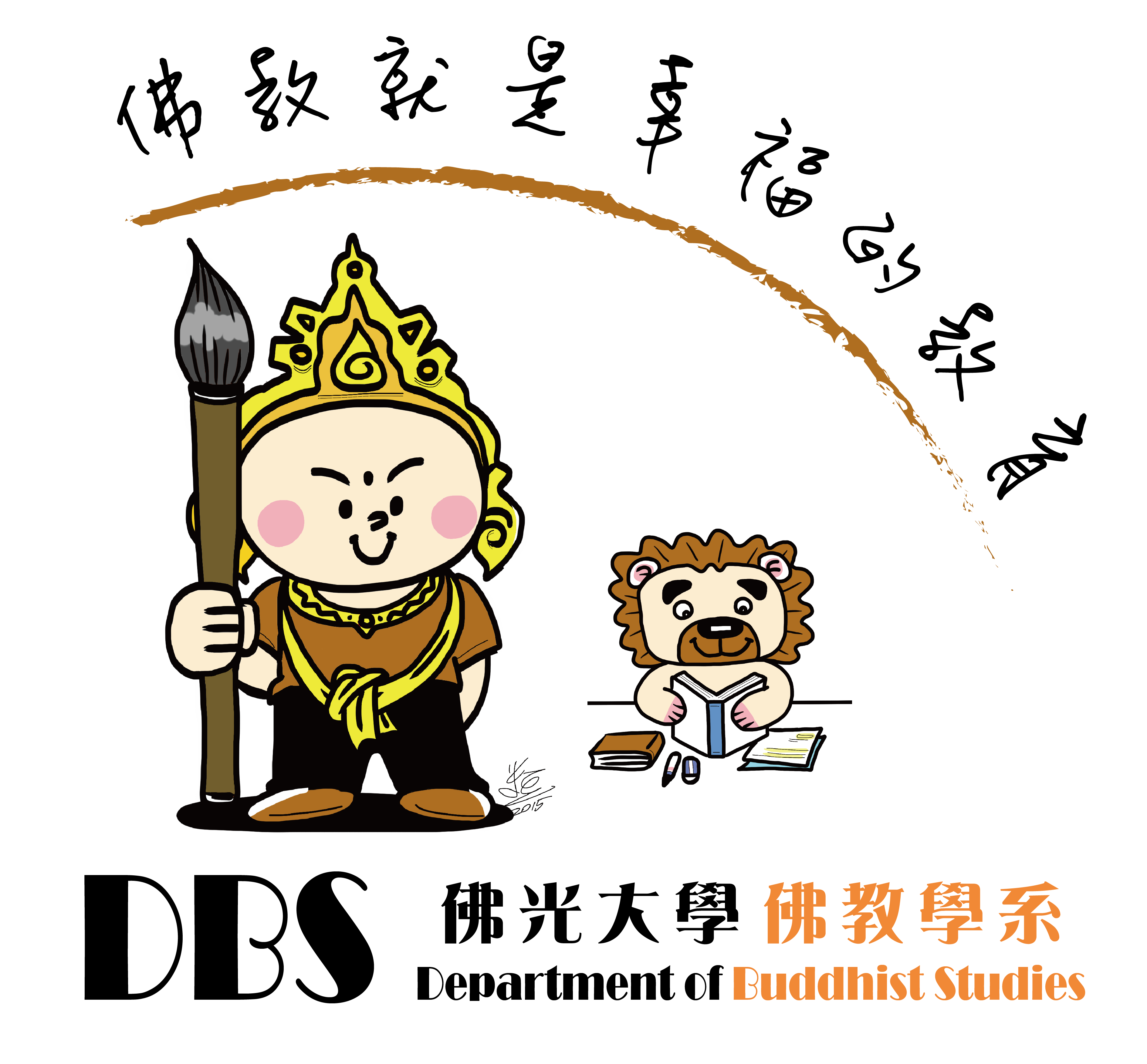Report by Hu Xin-di, M.A. Program in Buddhist Studies, Fo Guang University
On July 22, the “2025 Summer Temple Gazetteer Writing Workshop,” organized by the College of Buddhist Studies at Fo Guang University, was officially launched. Since 2022, Fo Guang University has successfully held three temple gazetteer writing programs, including two advanced sessions. Through systematic training, these workshops are dedicated to cultivating talent with professional competence in temple gazetteer writing. Many participants have already applied what they learned to actual temple gazetteer projects, yielding remarkable results.
This year’s curriculum covers six major themes: “Introduction to Temple Gazetteer Writing,” “Introduction to Religious Studies,” “Economics of Buddhist Temples in Modern China,” “History of Buddhism in Taiwan,” “Fieldwork and Oral History,” and “Buddhist Iconography in China.” The program offers a solid balance of theory and practice, introducing unique perspectives such as religious studies and temple economics to help participants better understand the interaction between Buddhist faith and local society.
The opening ceremony began at 8:30 a.m., with remarks delivered by the program director, Professor Kan Cheng-tsung. He emphasized that this training aims to deepen participants’ understanding of Taiwanese Buddhist history, while underscoring the practical value of temple gazetteer writing in preserving the developmental trajectory of temples and their cultural heritage. He also noted that in recent years, Fo Guang University students have been engaged in surveys and oral history projects in Yilan County, resulting in the publication of three volumes of the Gazetteer of Yilan County Buddhist Temples, with a fourth volume soon to be released—filling an important gap in local Buddhist historical research.
Professor Kan also stressed his hope that the workshop would take place in a relaxed atmosphere, encouraging questions and deeper reflection. He expressed gratitude to participants who have returned to the program over the years, demonstrating a long-term commitment to temple gazetteer work. “An individual’s strength is limited,” he remarked. “Only through collective collaboration can we truly advance the documentation and transmission of Buddhist culture.”
The workshop features a distinguished team of instructors, including Professor Kan himself, Assistant Professors Chien Jui-yao and Kuo Feng-yen of Fo Guang University, Adjunct Assistant Professor Yu Ming-jen of the Center for General Education, and Honorary Visiting Professor Hou Kun-hung of Hsuan Chuang University. Together, they delivered an intensive four-day program, returning to the core principle of “writing the history of one’s own temple.”
In addition to attracting participants from

 College and Department of Buddhist Studies, FGU
College and Department of Buddhist Studies, FGU
